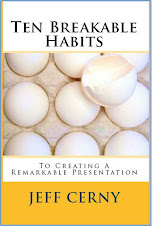 One of my son's (jr. high) teachers told him he wouldn't be able to use Wikipedia as a reference source for his term paper.
One of my son's (jr. high) teachers told him he wouldn't be able to use Wikipedia as a reference source for his term paper.The footnote was substantiated with citations, but an open-source reference couldn't be considered entirely legitimate for pedagogical purposes. OK, I can understand where this thinking is coming from, but the truth is I'm tending to trust mob-sourcing over traditional sources on some topics.
It does seem cheatingly easy to have such ready access to information and answers on any imaginable topic. When I was a kid I had to bike to the library (ten miles each way in the dead of winter!), head for the card catalog and start writing down the shelf numbers. Now the question is whether to look it up on your laptop or your phone.
What about the general legitimacy of "crowdsourced" information? Depending on what kind of information you need, there's a litany of different venues popping up where you can get a decent answer very fast, even if you still can't use it in your doctoral thesis.
Especially on questions where you are specifically looking for consensus or a majority vote on the "best answer," the web comes through in a pinch. How to decide when you need new tires? What dogs are good with kids? How do I simplify this equation on my homework? Sources like Yahoo! Answers, Aardvark, or even throwing it out to your twitter/LinkedIn/Facebook network may get you a better answer than your first pair of searches on Google or Bing. Write and tell me if you agree.
Like this article? Pass it along at StumbleUpon


